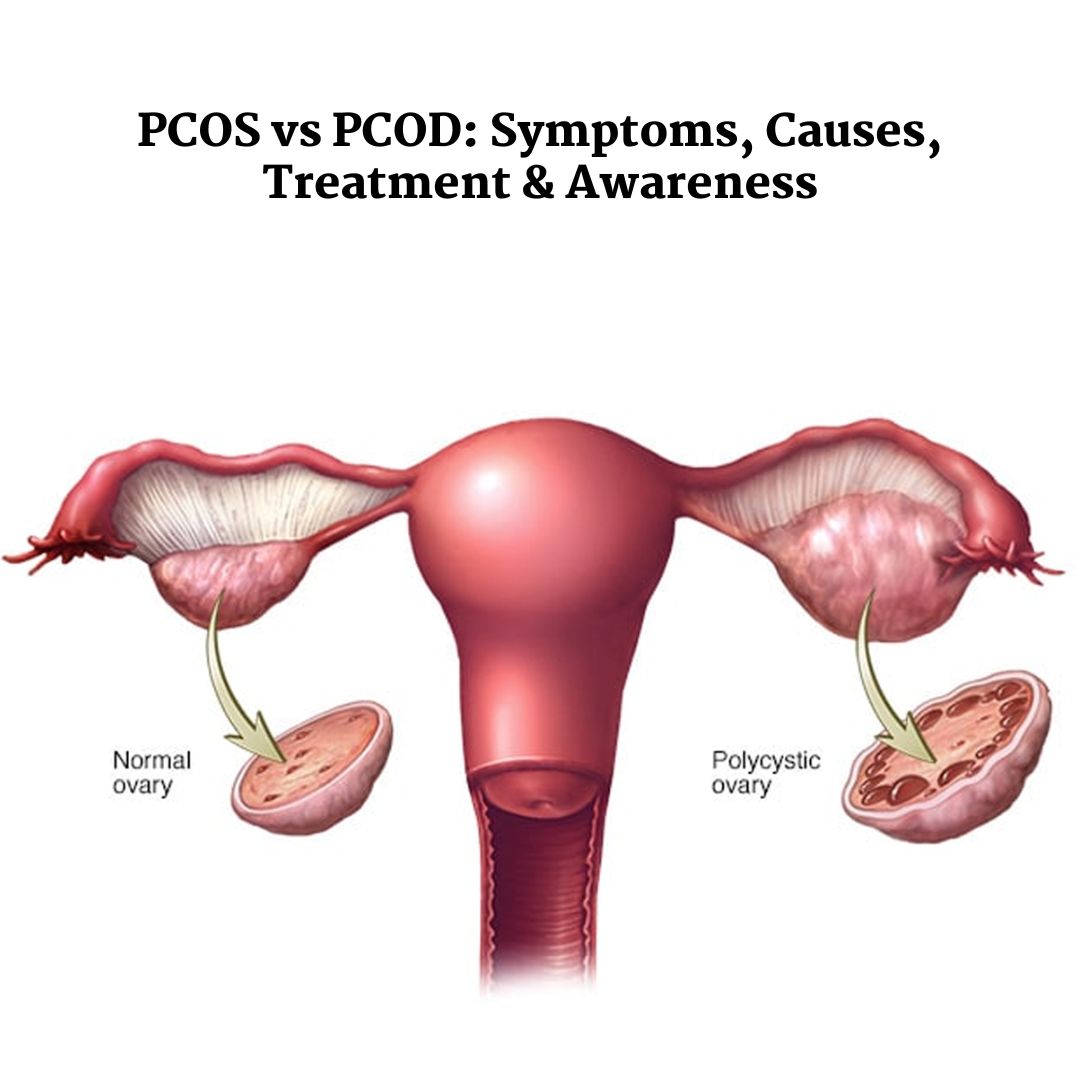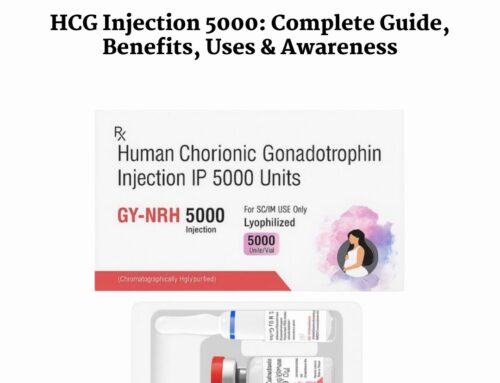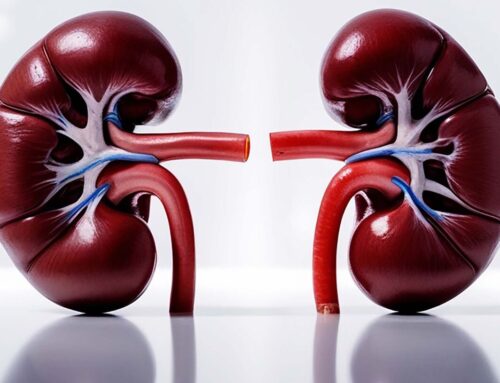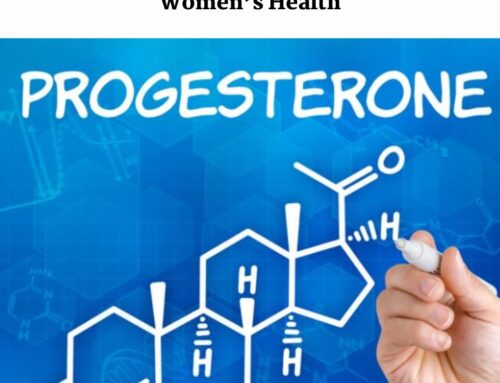PCOS vs PCOD is a common women’s health topic that often causes confusion. Many women hear these terms but remain unsure about their differences, symptoms, and treatment options.
At Quinek Lifesciences, we believe awareness is the first step toward healing. That’s why we simplify medical knowledge and provide affordable, high-quality medicines in gynecology, IVF, nephrology, and urology. This guide explains the difference between PCOS and PCOD, their causes, treatments, and key FAQs—so women and families can make informed decisions.
What Is PCOS (Polycystic Ovary Syndrome)?
PCOS is a hormonal imbalance where the ovaries produce higher-than-normal male hormones (androgens). This leads to irregular periods, difficulty in ovulation, and multiple cyst-like follicles.
-
Affects 1 in 10 women of reproductive age
-
Strongly linked with infertility, weight gain, insulin resistance, acne, and mood changes
-
A syndrome that impacts multiple body systems
Understanding PCOD (Polycystic Ovarian Disease)
PCOD occurs when the ovaries release many immature eggs, which eventually form cysts.
-
More common but usually less severe than PCOS
-
Mainly affects the ovaries
-
Often managed with lifestyle changes
PCOS vs PCOD: Key Differences
| Feature | PCOS | PCOD |
|---|---|---|
| Nature | Hormonal & metabolic syndrome | Ovarian condition |
| Severity | More serious | Less severe |
| Fertility | Major cause of infertility | Minor fertility issues |
| Risk Factors | Diabetes, heart disease, obesity | Fewer long-term risks |
Symptoms of PCOS and PCOD
-
Irregular or missed periods
-
Difficulty conceiving (infertility)
-
Weight gain or difficulty losing weight
-
Excessive hair growth on face, chest, or back
-
Hair thinning or male-pattern baldness
-
Oily skin and acne
-
Mood swings, anxiety, or depression
Causes & Risk Factors in PCOS and PCOD
-
Genetics: Family history
-
Hormonal imbalance: High insulin and androgens
-
Lifestyle: Poor diet, stress, lack of exercise
-
Obesity: Worsens symptoms
Treatment & Management Options for PCOS and PCOD
-
Lifestyle Modifications
-
Balanced, low-sugar, high-fiber diet
-
Regular exercise (yoga, cardio, strength training)
-
Stress management (meditation, good sleep)
-
-
Medical Treatments
-
Hormonal medicines to regulate periods
-
Insulin-sensitizing drugs for blood sugar
-
Fertility treatments when trying to conceive
-
Dermatological care for acne or hair growth
-
-
Long-Term Monitoring
-
Regular blood sugar and cholesterol checks
-
Weight and BMI tracking
-
Possible Complications if Untreated
-
Infertility
-
Type 2 diabetes
-
High blood pressure & heart issues
-
Endometrial cancer (rare)
-
Severe depression or anxiety
Myths vs Facts About PCOS and PCOD
-
Myth: Only overweight women get these conditions.
Fact: Even lean women can have PCOS or PCOD. -
Myth: They mean you can never conceive.
Fact: Many women conceive with proper treatment. -
Myth: PCOS and PCOD are identical.
Fact: They are related but different disorders.
How Quinek Lifesciences Helps
Quinek Lifesciences goes beyond medicines to:
-
Spread awareness about PCOS and PCOD
-
Provide affordable specialty medicines in gynecology and IVF
-
Encourage open conversations to break the stigma around fertility and hormonal health
-
Support communities through education and outreach
FAQs on PCOS vs PCOD
Q1. Can PCOS or PCOD be cured permanently?
No, but symptoms can be managed with lifestyle changes and medicines.
Q2. Can women with PCOS or PCOD conceive naturally?
Yes. Many conceive with proper treatment and lifestyle adjustments.
Q3. What diet works best?
Low-carb, high-protein, and high-fiber diets are recommended.
Q4. Is PCOS genetic?
Yes, a family history increases risk, though lifestyle matters too.
Q5. At what age do these conditions start?
Usually during puberty but sometimes remain undetected for years.
Conclusion
Understanding PCOS vs PCOD early helps women protect fertility and overall health. With lifestyle changes, timely treatment, and regular monitoring, symptoms can be well managed.
At Quinek Lifesciences, we remain committed to making women’s health a priority by offering affordable medicines and spreading awareness—because knowledge is as vital as treatment.





